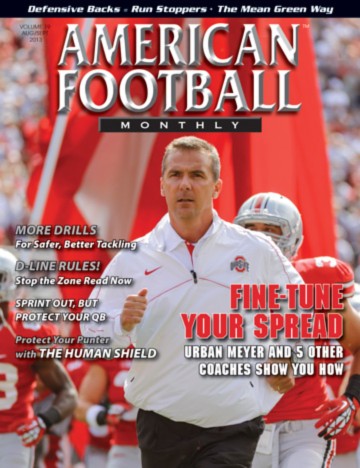Article CategoriesAFM Magazine
|
Running up the Score© More from this issueBy Johnny Metcalf, Defensive Coordinator, John Carroll Catholic High School, Birmingham (AL)
As we prepare for next season, I often think back on games of the past and inevitably recall a bad night. One of those nights I want to forget, but simply can’t. You know, that dreadful night somebody ran the score up on you. Over my 37 years, I have had a few of those games and I have yet to figure out why some coaches like to run up the score. I have had a few nights where we ran the score up on ourselves because of interceptions and fumbles. But why do some coaches keep on scoring when the game is already decided? To purposely run up the score and embarrass kids is just unsportsmanlike. We see a lot of programs now about “stopping bullying” and that’s really ....The full article can only be seen by subscribers.
|
|
|||||||
| HOME |
MAGAZINE |
SUBSCRIBE | ONLINE COLUMNISTS | COACHING VIDEOS |
Copyright 2026, AmericanFootballMonthly.com
All Rights Reserved





